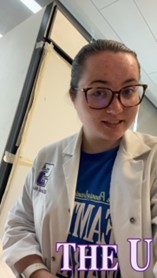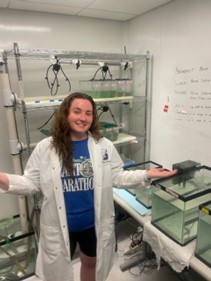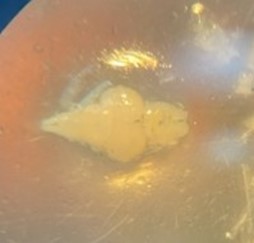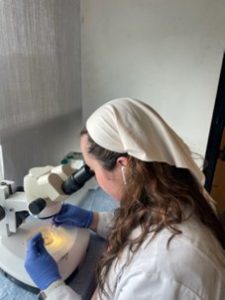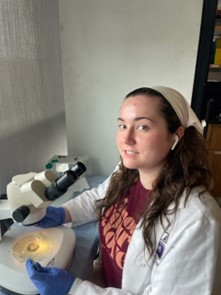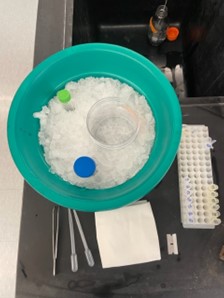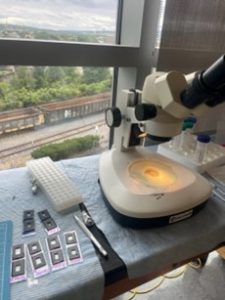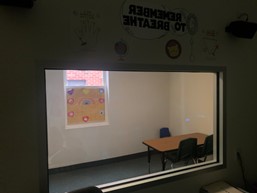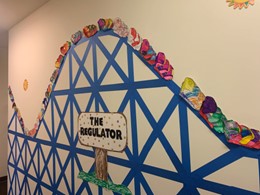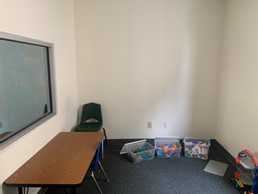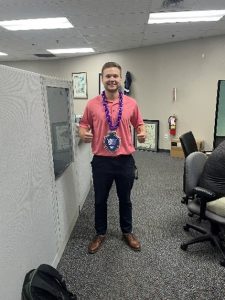I have spent all of the summer working as an intern with the Richmond County District Attorney’s Office (RCDA) in Staten Island, New York. Having no real work experience in the criminal justice field, I did not know exactly what to expect, except for what is usually on TV if I’m being honest. Working in the crime strategies unit, as well as getting to meet many assistant district attorneys and members of the office, really opened my eyes and allowed me to appreciate the work that really happens at a District Attorney’s office.
The most rewarding part of my internship was being able to be a part of work that, to me, felt like it really mattered. The work ranged from simple entry of data to excel all the way to prepping evidence for trials or court hearings. Through all of it, I still felt like the work we were doing was aimed toward one goal: providing a safer community for people to live. All the work done by anyone at the office is typically peer or supervisor reviewed, and every case is carefully handled to ensure the proper justice is taking place. The bureau of the office I interned for, the crime strategies unit, dealt with many different tasks, including crime analysis, conviction review, and investigations of crimes, to name the major parts. As such, there were many different people always working in, or coming in and out of the office. The unit was comprised of three analysts, who the interns worked closely with. They are, without a doubt, some of the most hard-working and committed individuals I have ever seen.
There are some challenges that go along with working at a District Attorney’s Office, however. The main challenge, at least for me, was the nature of some of the cases that we worked on. Some of the cases and situations that come through the office can be quite heavy to deal with, and it’s important to understand that before going into this type of work. Everyone at the office was super understanding, however, offering people to sit out for more graphic discussions/presentations if needed and always giving proper warning. The other main challenge is that while this work can let you meet plenty of new people, a lot of those times those people are victims of a crime, or even criminals themselves. It can be incredibly difficult to deal with those kinds of situations. However, the members of the RCDA were incredibly well-trained and able to handle any situation they had to. It was incredibly rewarding to be part of the work the RCDA offered.
My initial plan out of law school was to “get my start” as a prosecutor and maybe go into a different field of law afterwards. However, after my time at RCDA, I am not even sure I would close the door to working at a DA’s office. The work done is so fulfilling and every day can feel like a difference is being made, so long as the hard and careful work is done thoroughly. Regardless of what I choose to do after law school, I will never forget the time I spent at the RCDA.

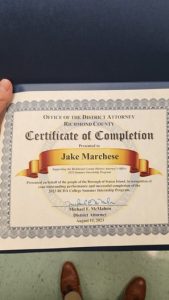

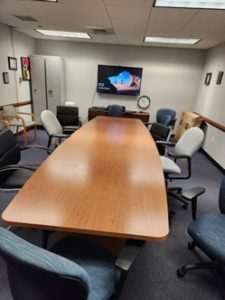
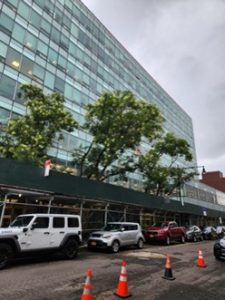
Jake Marchese, Criminal Justice ’25
